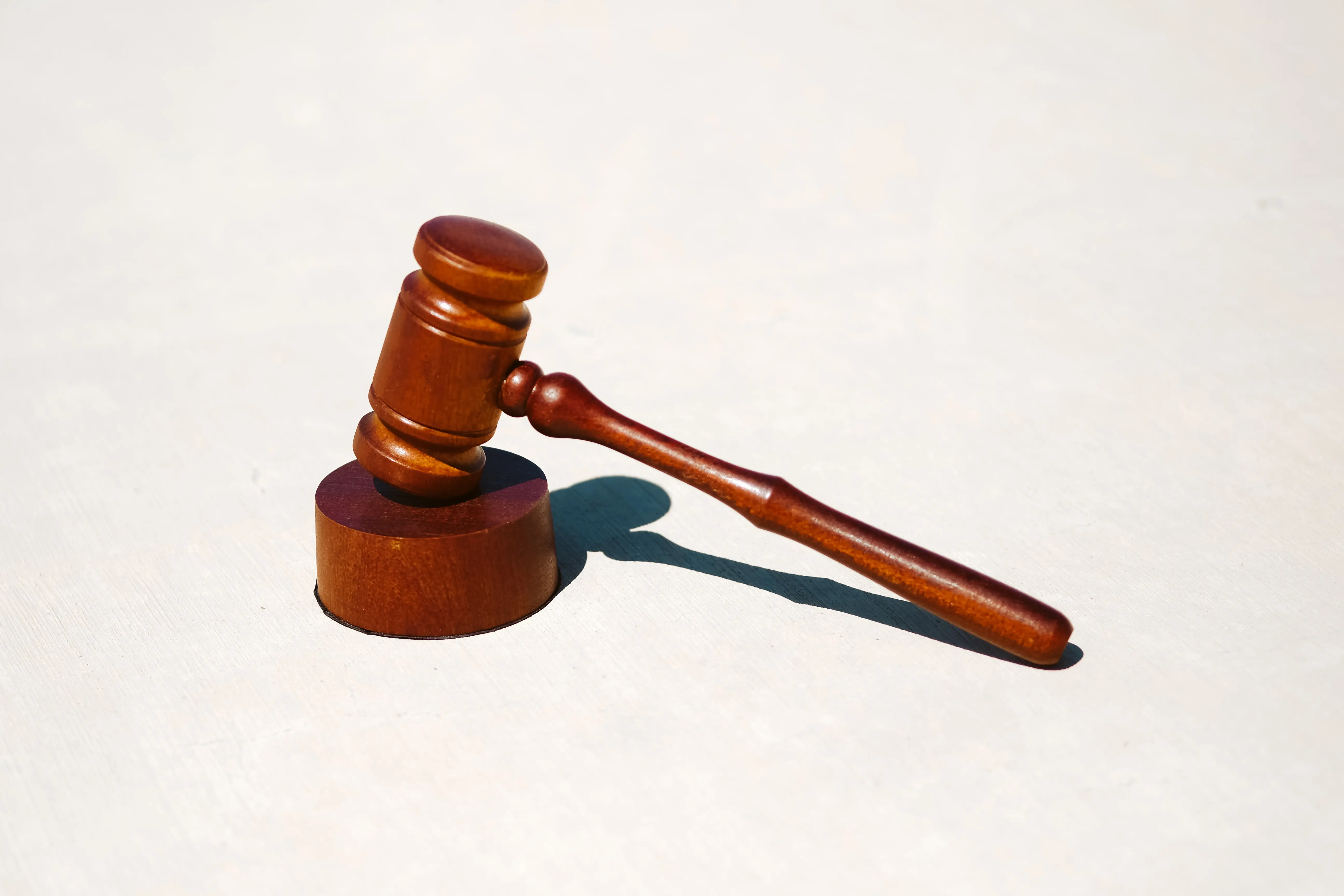
How to avoid penalties on your corporation tax
Corporation tax is payable by limited companies on their world-wide income and gains, including trading profits, the sale of assets, and investments. Currently, the UK corporation tax rate is 19 per cent, with payment due either nine months and one day after the end of the accounting period or, if the company is large, by way of quarterly installments.
As a limited company, there are important legal obligations that are required to be observed: failure to do so could lead to penalties being imposed on your business by HMRC. However, corporation tax is a complex area so, to guarantee that your tax returns and payments are completed accurately and on-time, it would be well-worth consulting with an experienced chartered tax adviser or chartered accountant to manage your business’ tax affairs on your behalf.
Essential steps to manage your corporation tax affairs
To avoid incurring an HMRC penalty, there are several actions that you must complete by the relevant deadlines:
- Register for corporation tax within three months of commencing business activity.
- Submit the Company Tax Return within 12 months of the end of the accounting period.
- Pay the correct amount of tax by the due date of payment either under the nine months and a day or quarterly installments regime to avoid the imposition of late payment of tax interest.
Ensuring you meet all relevant deadlines is critical to avoid incurring a penalty that will affect your company’s financial standing and reputation.
3 common corporation tax penalties
There are 3 common penalties Arnold Hill & Co can assist your company in avoiding:
1) Late submission of annual tax returnsIf you fail to submit your Company Tax Return by the required date, your business can be fined:
- £100 for being a day late
- A further £100 after three months
- 10 percent of the tax due after six months
The Company Tax Return details all profits, losses, loans, and other relevant factors that are necessary for HMRC to review the amount of corporation tax due.
2) Late corporation tax payments
If corporation tax payments are late, interest may be charged on the amount due or a penalty may be levied. HMRC retains the legal right to reclaim any tax due through:
- Deducting money from your earnings or pension.
- The seizure and sale of assets.
- Court action to recover money from your company bank accounts, which may force your business into bankruptcy.
3) Providing false information
If the Company Tax Return is judged to be inaccurate, HMRC may instigate a tax enquiry (tax audit) that could result in a fine. The severity of the fine is dependent on whether HMRC believes the error to be accidental or deliberate. Carelessness may result in a fine of up to 30 percent of the tax bill, whereas deliberately providing false information can result in an even greater penalty.
Getting your tax calculations wrong is clearly a serious matter. It, therefore, makes sense to entrust an experienced accountant with your company’s tax affairs, minimising the chance of careless mistakes that could cost your business severely.
Contact us for expert corporation tax advice
With decades of experience managing companies’ corporation tax, Arnold Hill & Co is the first choice for businesses seeking a reliable and efficient way to manage their tax compliance affairs. To find out more, please call us on +44 (0) 20 7306 9100 or send us a message and one of our knowledgeable team will be in touch.
Image Source: Unsplash
